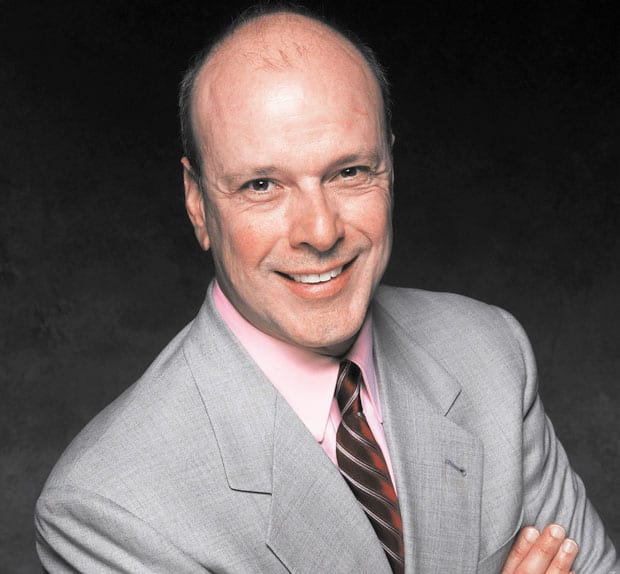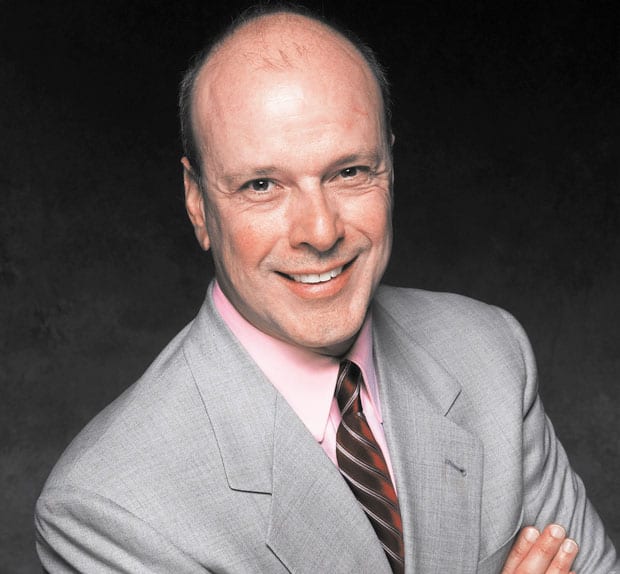Oak Lawn doctor says change will allow him to give patients more personalized, thorough care, but some question the cost of new model

Jamie Vasquez
Tammye Nash | Managing Editor
Oak Lawn area physician Dr. Jaime Vasquez announced in a recent letter to his patients that he has affiliated with a Boca Raton, Fla.-based company called MDVIP and as of Nov. 22, will be changing his practice to what many people refer to as “concierge medicine.”
In affiliating with MDVIP, Vasquez will reduce the size of his practice to about 600 patients, each of whom will be required to pay an annual membership fee of about $1,600. That fee, Vasquez told Dallas Voice in an email, “includes services that aren’t covered in a traditional practice, the cornerstone of which is a comprehensive annual wellness program with in-depth screening, diagnostics and counseling.”
He said the membership fee, which breaks down to about $4.50 a day, can be paid quarterly, semi-annually or annually.
Patients are still responsible for applicable co-pays and co-insurance and for maintaining primary-care insurance coverage, including Medicare.
Vasquez said the new practice will allow him to develop “real relationships” with his patients and work “as a team” with them to create “personalized wellness plans” that will help them reach their health and fitness goals.
“My patients have indicated through feedback surveys that they want more time with me, which is nearly impossible to provide in a traditional, high-volume primary care practice,” Vasquez. “The MDVIP model will enable me to deliver more personalized care with a greater focus on total wellness and prevention to patients who join.”
Vasquez said, “I’ve been practicing in the local community as a family doctor for more than 25 years, treating patients from all walks of life. This new practice is one that I’ve considered and researched for many years.
“My new practice opens in November, which gives me and my staff several months to explain the benefits to my patients,” he continued. “Many of my patients have already committed to joining, and I’ve been humbled by the response. For those patients who choose not to join my new staff, I will provide a list of physicians in the community who are accepting new patients.”
In his bio on the MDVIP website, Vasquez notes that his practice has welcomed “all ages, from pediatrics to geriatrics,” and that he is fluent in Spanish, which “creates an important bridge to providing adequate care for the Hispanic/Latino community.”
It also notes that Vaasquez has treated “those affected by HIV disease since the beginning of the epidemic in the 1980s,” and that he “has also welcomed the LGBT community for all these years and looks eager to many more healthy years.”
In his letter to patients, Vasquez said that reducing the size of his practice will make it easier for patients to schedule same-day or next-day appointments, easier for all doctor visits to start on time and easier for patients to reach him “during and after hours.” He also wrote that it will allow him to call patients with lab results “in a timely manner and explain by phone or in person how they pertain to your condition. In short, I’ll be available whenever you need me.”
Vasquez has scheduled to informational sessions for his existing patients in the coming weeks, and said that patients will be added to the new practice on a first-come, first-served basis. Once he reaches capacity for the new practice, interested patients will be added to a waiting list.
One patient said that although the annual membership fee is a significant amount, he will likely enroll in the new practice for at least the first year.
He said he considers the cost an investment in his own health.
But another patient was not pleased with the change. “It’s just another way for doctors to get around [the Affordable Health Care Act,” said the man, who asked that his name not be used. “I love Dr. Vasquez. He’s my favorite of all the doctors I’ve ever had. And if I could afford it, I would definitely [pay the membership fee]. But I can’t afford that, and I’m sure there are a lot of other people who can’t afford it either.”
He added that as a 60-year-old, HIV-positive man, he’s concerned that he won’t be able to find another primary care doctor, and that he’ll have to again resort to going to Parkland Hospital for medical care.
“Dr. Vasquez said he will give us a list of doctors taking new patients, but finding one who will accept you as a patient and that you like is not so easy,” he said. “Who wants to take an old person anyway, besides the HIV on top of that?”
Winter Laurel Mullenix, a local transgender activist, said that while Vasquez is not her doctor, she has many transgender friends who do go to him and rely on him for the hormone treatments they need. Once his practice changes to the new model, she said, many of those transgender women, who fall in lower income brackets could be left without a doctor.
“I’ve trustingly recommended Dr. Vasquez to trans individuals I’ve mentored,” Mullenix said. “As an activist of 20 years, it is impossible not to see a move to concierge service as potentially exploitative of an already-marginalized community.”
This article appeared in the Dallas Voice print edition August 12, 2016.

